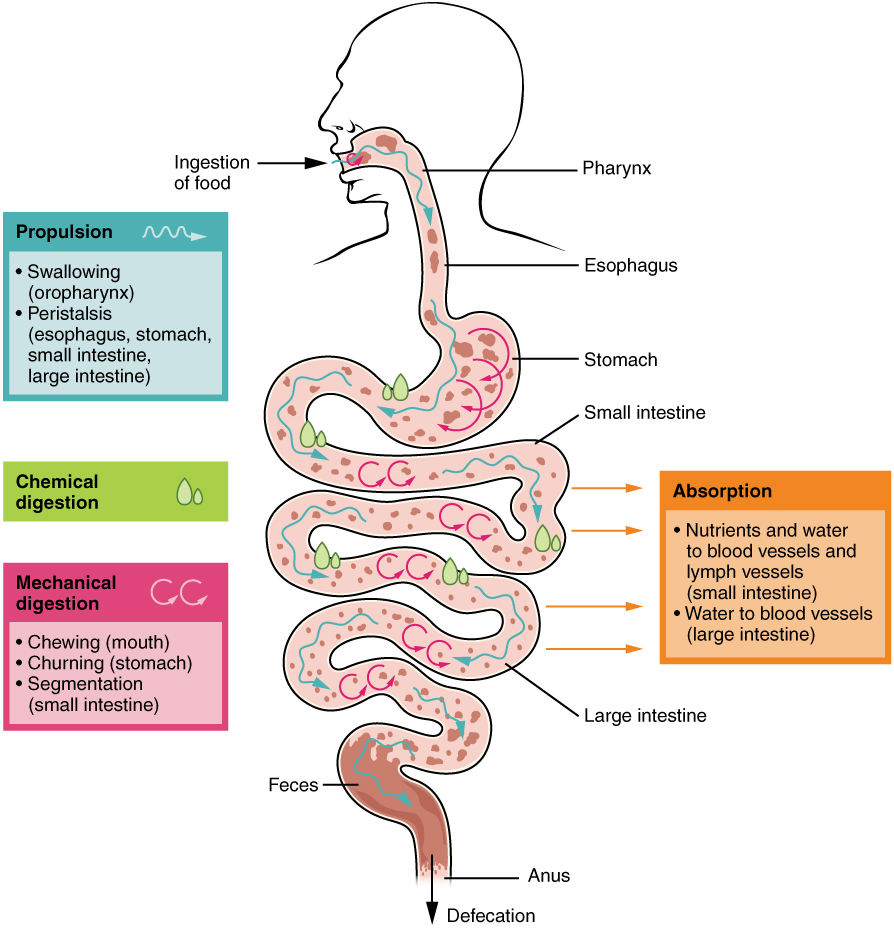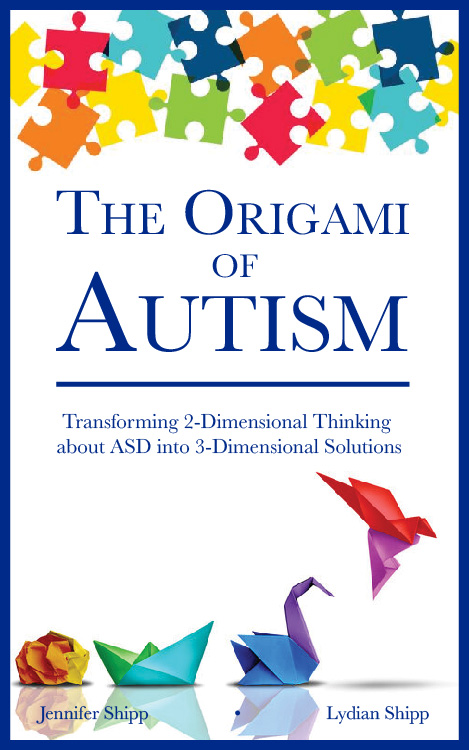The Opioid Hypothesis of Autism
 The opioid hypothesis of autism is another theory – a hypothesis really, more than a theory – of autism that views this disorder strictly as a metabolic problem. According to this theory, opioid peptides that are produced as a result of gluten and casein digestion pass through the permeable intestinal tissues to alter neurotransmission by binding to opioid receptors. Those who believe in this theory think that children with autism are more sensitive to gluten than other children for this reason.
The opioid hypothesis of autism is another theory – a hypothesis really, more than a theory – of autism that views this disorder strictly as a metabolic problem. According to this theory, opioid peptides that are produced as a result of gluten and casein digestion pass through the permeable intestinal tissues to alter neurotransmission by binding to opioid receptors. Those who believe in this theory think that children with autism are more sensitive to gluten than other children for this reason.
Scientists have worked with drugs like Naltrexone for autism to treat autism using this model, but only with modest results. However, this theory has yielded some interesting ideas regarding the role that gluten and wheat might play in autism development. Indeed, the higher a child’s socioeconomic status, the more likely they are to develop autism. This may be due to the fact that kids who live in the context of high socioeconomic status are more likely to be consuming GMO food staples like wheat, corn, and soy. These foods contain residues of organophosphates and they also lack all of the nutrients that are produced by the shikimate pathway. A lack of the shikimate pathway nutrients can lead to a number of health problems including those that resemble ASD.
Click here to read more about the connection between GMOs and autism.
Nonetheless, a gluten and casein-free diet is often recommended for children with autism because of the Opioid Hypothesis. Indeed, even if an ASD child is given powerful treatments for trauma, digestive problems may necessitate a special autism diet to address the problem of GMO foods, bromide or organophosphate exposure, nutrient deficiencies that result from a diet rich in GMO foods, and an inability to digest and then absorb certain nutrients to the detriment of health.
In any case, the opioid theory of autism definitely brings to light a major feature of ASD, namely the problem of poor digestion and gut inflammation. Working to heal the gut and following a strict autism diet until the gut is healed is essential for children with ASD. Understanding the role that opioids play in gut inflammation and digestive disturbances can make this process easier for parents.


 The Origami of Autism: Transforming 2-Dimensional Thinking about ASD into 3-Dimensional Solutions - BUY HERE!
The Origami of Autism: Transforming 2-Dimensional Thinking about ASD into 3-Dimensional Solutions - BUY HERE!






